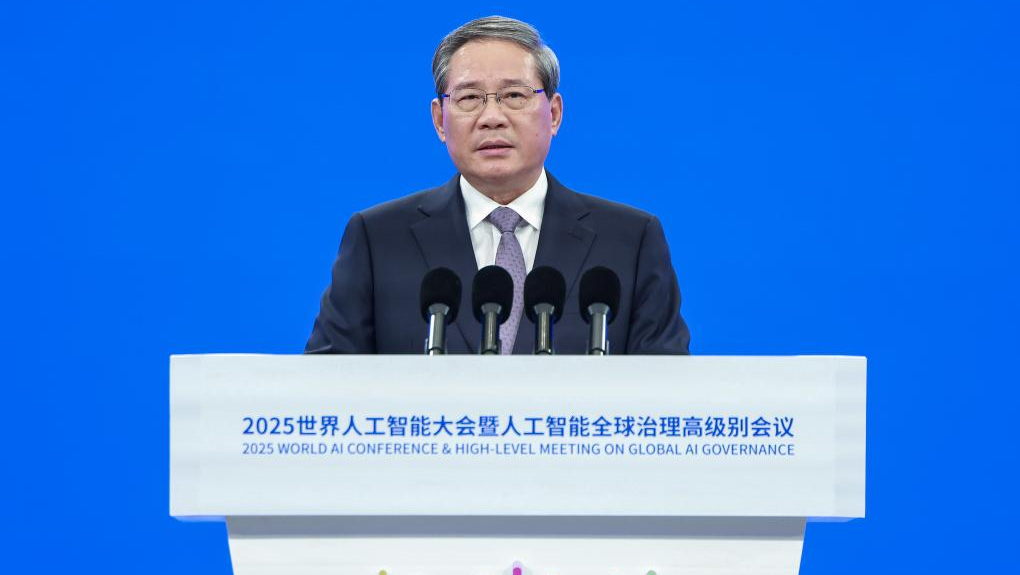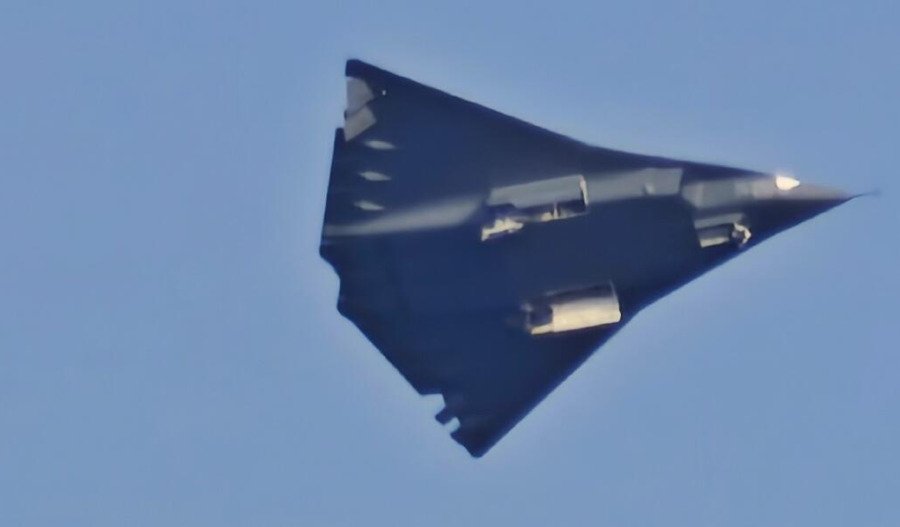Chinese Premier Li Qiang's push for a global AI cooperation body is a testament to AI's massive growth potential, but fractured governance and the US-China rivalry risk turning it into a zero-sum game that could stifle innovation worldwide.
The fallout hits every corner of the tech ecosystem, from chipmakers scrambling to meet demand to startups navigating export restrictions, as nations desperately balance innovation speed against mounting security threats.
Over the weekend, Li's speech at Shanghai's annual World AI Conference warned of urgent consensus needs amid escalating hazards that threaten to fragment the global technology landscape into competing blocs.
"Rapid AI advancement brings opportunities and obstacles demanding collective input for [the] equilibrium between innovation and protection," Li said.
Li skipped naming the U.S. directly, but slammed AI development as potentially becoming "exclusive" for a few wealthy nations, blaming artificial chip shortages and deliberate talent barriers.
That was an indirect salvo aimed at Donald Trump's July 23 executive order axing "woke" biases in AI while slashing regulations to lock in U.S. dominance and accelerate American technological supremacy.
The deregulation drive aims to fuel U.S. leadership in the global AI race, but critics flag it as dangerously ignoring international risks and destabilising cooperative frameworks.
Meanwhile China pledges open-source AI promotion and tech sharing, targeting Global South nations while positioning itself as a more collaborative alternative to Western AI development models.
An AI arms race?
Market stats paint explosive growth trajectories: global AI hits $244bn in 2025 with CAGR at 35.9%, while generative tech alone is pulling $33.9 billion in venture investments.
Projections show 97 million AI jobs emerging by end-2025, with 92% of firms planning to boost their AI spending significantly over the next three years.
Ethical pitfalls loom large in the form of misinformation campaigns spreading faster, job displacement accelerating, and democratic control over AI systems continues to erode.
Studies warn that AI search summaries could slash traditional media traffic by up to 80%, potentially hammering content creators and fundamentally reshaping the information economy.
They suggest the US-China AI clash could spark a dangerous technological arms race, systematically eroding global stability without coordinated international frameworks to manage risks.
Tech giants spotlight
Shanghai's three-day event drew industry heavyweights including Geoffrey Hinton and Eric Schmidt, plus UN chief António Guterres participating via video link to address global governance challenges.
Tesla's Elon Musk notably sat out this year's conference, breaking from his pattern of high-profile appearances at previous Shanghai AI summits.
Major exhibits spotlighted Chinese tech giants Huawei and Alibaba alongside emerging robotics firms, while Western companies like Alphabet and Amazon maintained their competitive presence.



